Geoffrey Moon, NMAG Past President
It’s Spring again, and friends and colleagues are reaching
out to me with concern about their schools’ plans to decrease gifted education
services. New Mexico has a long history with gifted education, one that informs
us of the implications of such moves, and what can be done in response.
Gifted education programs support equity by helping students
who learn faster and are more able to deal with complexity to continue to
develop and maintain motivation for school. It can help close gaps of high
performance – giving students from disadvantaged and minority groups the chance
to pursue excellence. Supporting equity requires substantial, focused
educational service.
New Mexico parents and educators have two tools to guide
gifted education for their students: Gifted Advisory Committees and Individual
Education Program reviews. Advisory Committee members should articulate
district goals for gifted education and establish a menu of supports necessary
to meet them. IEP teams should carefully articulate each child’s unique needs,
set ambitious goals, and select research-based services sufficient to meet
them.
What does a gifted child need? Should we support or
suppress advanced development?
Giftedness means that a child has the ability to learn and
grow faster than one grade level per year and to thereby develop high levels of
talent in some area. This ability can progress into advanced performance, if a
student is given opportunity to learn faster and encouraged toward greater
motivation.
One approach to gifted education, called “cutting down the tall poppies,”
involves trying to hold gifted children back. Absent opportunities and
motivating experiences, giftedness can translate into stress,
depression, feelings of hopelessness,
and social and behavioral problems.
If an IEP team decides a student should develop their
talents and avoid negative outcomes, peer-reviewed research is clear about the way forward.
Daily challenge in a student’s areas of talent with accelerated learning
opportunities translates into faster learning and decreased stress. Grouping
with other students who have similar talents and training in independent
learning support the motivation needed to seize these opportunities.
What if we decide to pursue talent development?
If a team decides to pursue development of a student’s
talents, they should set individualized, ambitious goals and pursue them
through research-based approaches.
In New Mexico, giftedness is an exceptionality
addressed like a learning disability, by an Individual Education Program. “All
definitions, policies, procedures, assurances, procedural safeguards and
services identified in 6.31.2 NMAC for school-aged children with disabilities
apply to school-aged gifted children” with few exceptions including service in
private schools and disciplinary protections.
In 2016, the Supreme Court found
that it was not enough for special education to merely pursue minimal growth;
rather, a “child’s educational program must be appropriately ambitious in light
of his circumstances, just as advancement from grade to grade is appropriately
ambitious for most children in the regular classroom.” Since gifted students
are regarded as exceptional in New Mexico, we should ask what is appropriately
ambitious for a gifted student.
NM state rules
say that the plan to pursue these ambitious goals should, “include a statement
of the special education and related services and supplementary aids and
services, based on peer-reviewed research.”
What research says about goals and effects of gifted
education.
Research in the field of gifted education indicate that
while an enriched
school experience can help develop smart children into happy, well-adjusted
adults, daily accelerated learning opportunities can result in the equivalent
of 3-5
extra months of learning per year in a gifted student’s area of talent.
Independent learning experiences increase motivation, but do not generally
affect school achievement. Labelingalone, while unlikely to cause any harm, is also unlikely to create a significant
positive effect.
Whether advanced learning, motivation, or happiness and
adjustment are considered appropriately ambitious goals, implementation is
important. Grouping, specially trained personnel, and well-designed curriculum
are necessary conditions for program effectiveness. Gifted education is most effective
when delivered through a dedicated group
such as that found in a pull-out offering, dedicated class, or to a cluster of
students within a class. While some general education teachers are good at meeting
a wide range of needs, additional specially trained teaching personnel
are almost always required for a successful outcome. Curriculum designed for gifted
learners to accelerate pace and level of content delivery while scaffolding
understanding has been demonstrated effective for a wide range of gifted
students.
Differences in ability, circumstance, and previous
opportunity indicate different needs for each student’s educational plan. While
some student’s abilities manifest in one area
like math, others’ may range from language arts to visual arts to science.
Giftedness also varies by degree
– some students have moderately advanced abilities, while others have very
advanced abilities that demand greater degrees of acceleration. Additional preparation
and supports
are necessary when students come from outside circles of privilege – those from
ethnic/racial minorities, non-English language groups, and economic
disadvantage as well as those who have disabilities as well as gifts need more
to succeed.
But will it work here?
One concern about gifted education often raised by educators
in schools with high poverty levels is whether the research on best practices
can translate to their schools and students. The answer is yes, IF services are
well-designed, sufficient in degree, and appropriately aligned to goals.
A major national research study
found most gifted education services focus on developing process skills like critical
and creative thinking. If these are the goals of a gifted education program,
the program’s success should be measured accordingly.
If schools wish to close the gap in
advanced academic performance between low- and high-income students, they may
want to shift their focus. While services developing independent thinking are important,
they are not likely to produce significant impact on academic achievement. High
performance in an area like math or art is dependent on daily opportunity
to learn and practice. These effects are sometimes greatest for minority
students!
So, what can we do?
Advocates must learn from history to change its course. A
few years ago, facing economic constraints, Albuquerque Public Schools
decreased the range and intensity of gifted education services available to its
students. Las Cruces Public Schools once engaged in a similar reform prior to
reassigning many gifted education teachers to general education roles.
Gallup-McKinley County Schools are currently considering overall reductions to
service options and may well be encouraged by knowing the precedent exists in
other districts.
Once gifted education program options are removed from a
school system, it becomes more difficult to access the right resource for any
specific child. Gifted education advocates should band together to use the
Gifted Advisory Committee system, and parents should use the power of the IEP.
Every school district is required to have a gifted advisory
committee with the power to “review the goals and priorities of the gifted
program, including the operational plans for student identification,
evaluation, placement and service delivery.” That body can make proposals in
writing to which school administration must reply in writing.
Additionally, every change to a student’s individual program
requires a meeting of an IEP team, which must come to consensus. The IEP team
has the power to frame student needs, set ambitious goals, and select
research-based responses to meet those goals. Teachers may be limited in their
advocacy for strong programs by schools’ orders. Parents can make their own
proposals, to which the school must respond. Parents can disagree with
the proposals of the school and trigger additional meetings to resolve
disputes.
The question of equity.
To paraphrase the President of the National Association for
Gifted Education, Jonathan Plucker, reducing opportunity for everyone is
strange way to encourage equity. In effect, I think it really corresponds to
the “cutting down tall poppies” approach to educating gifted students. Reduced
service time with less use of specially designed instruction and curriculum
seems exactly counter to the research on effective gifted education.
Gifted education can create equity by leveling UP
possibilities for capable students, helping ensure everyone the chance to go as
far as opportunity and motivation will take them. The pursuit of excellence
seems to have its greatest benefits and meet the highest needs when applied to
our most disadvantaged students.
Be part of local advisory conversations. Accept only gifted
education plans that are ambitious enough to develop students’ talent. When you
stand up for equitable, excellent gifted education, you stand up for your
gifted child, and for everyone else’s as well.
For more information on best practices in gifted education,
see: https://www.apa.org/ed/schools/teaching-learning/top-principles-gifted.pdf
https://www.nagc.org/resources-publications/resources/national-standards-gifted-and-talented-education/pre-k-grade-12
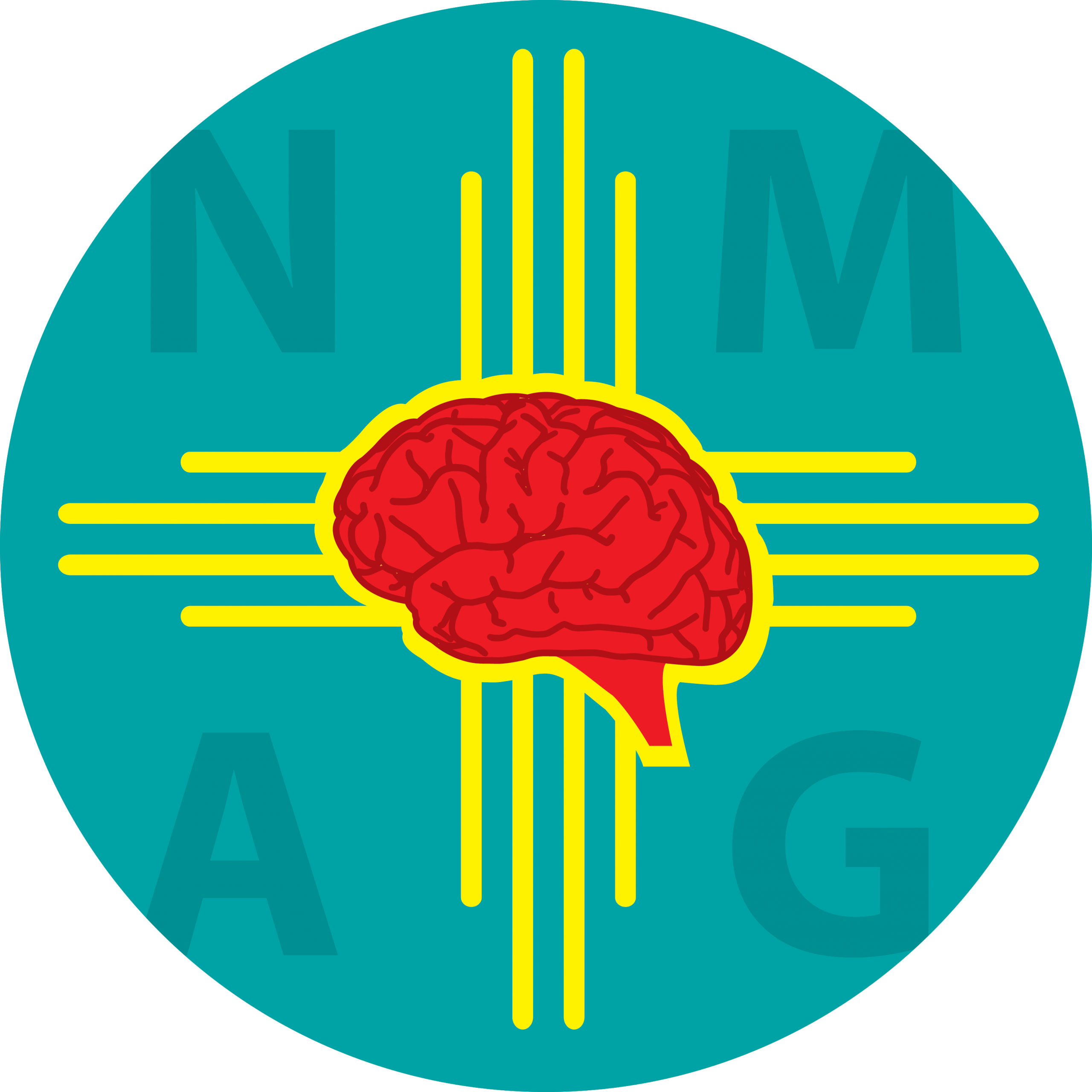
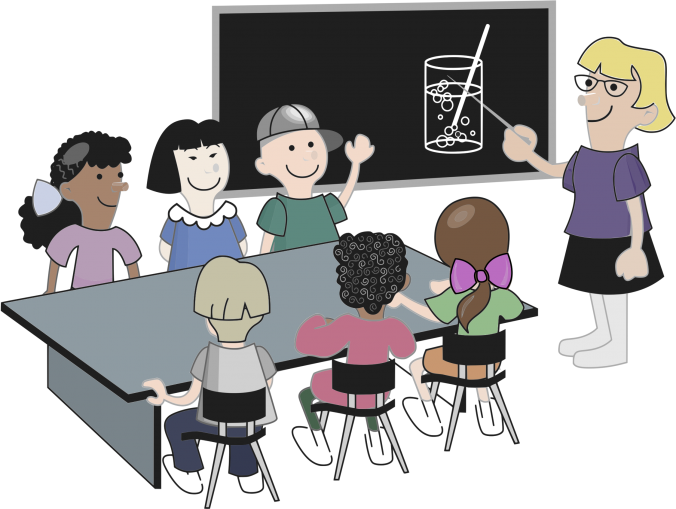

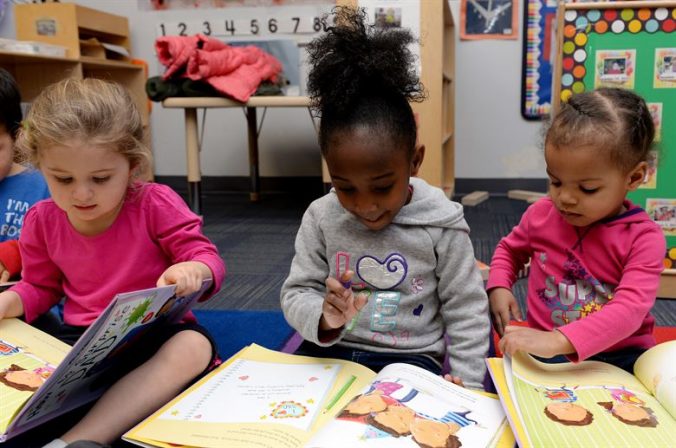


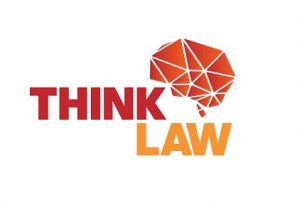

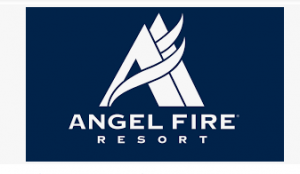
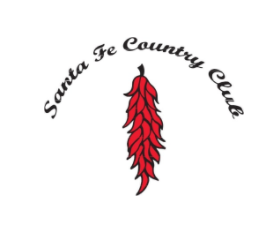
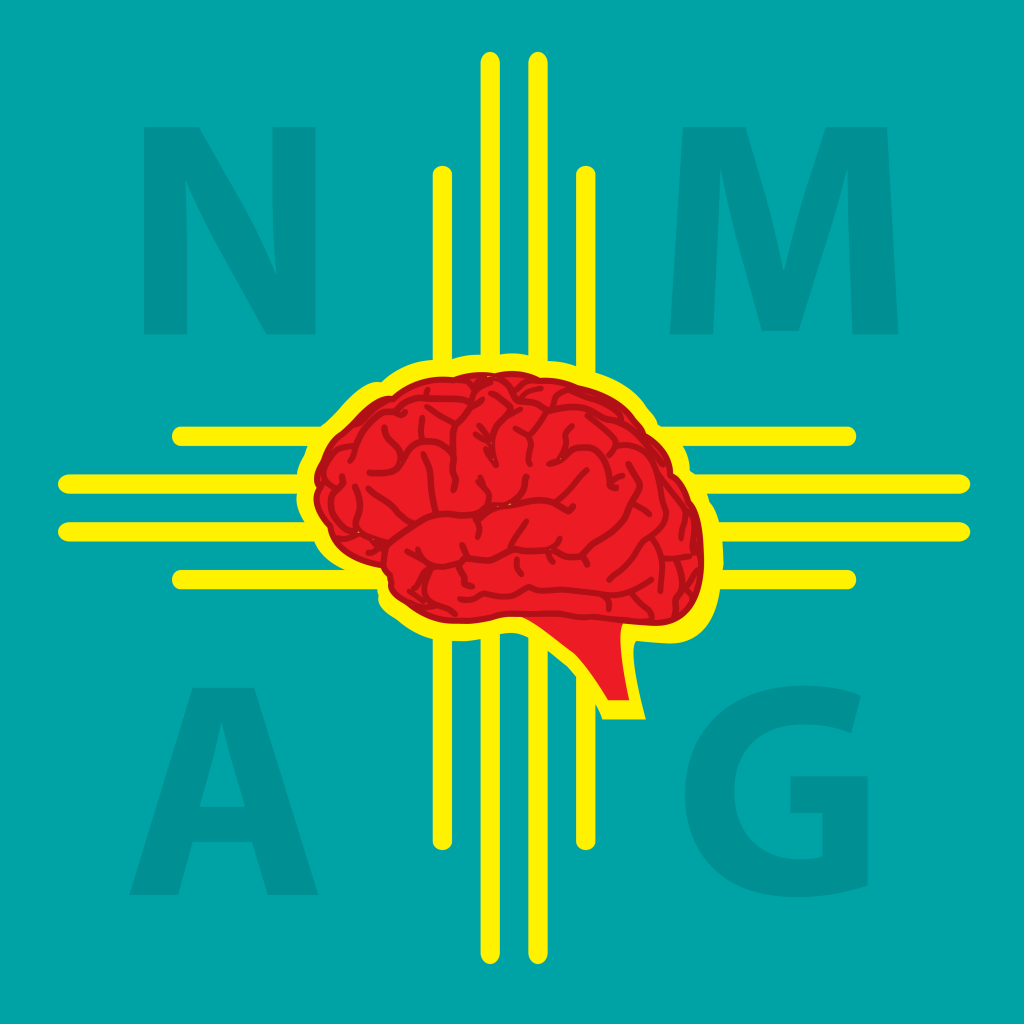
Recent Comments